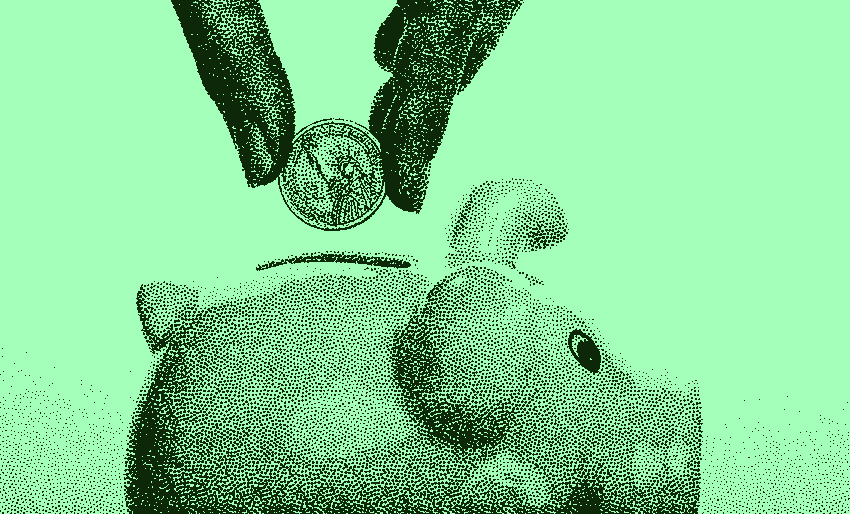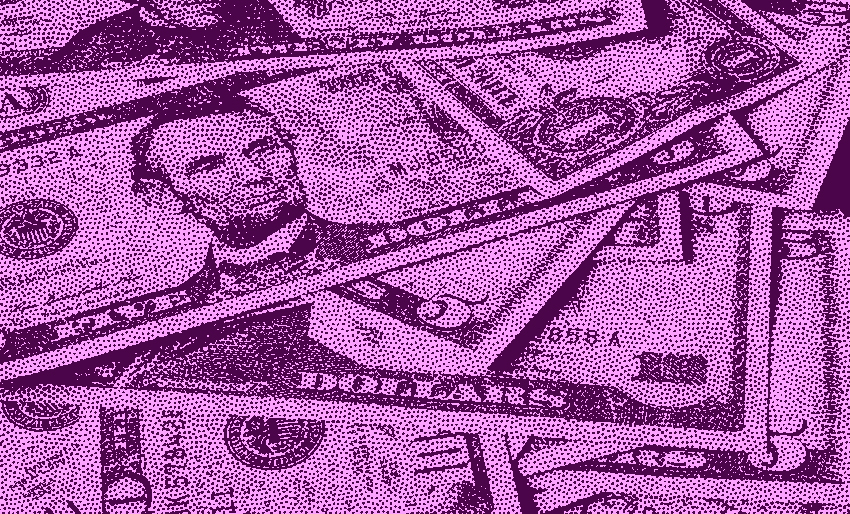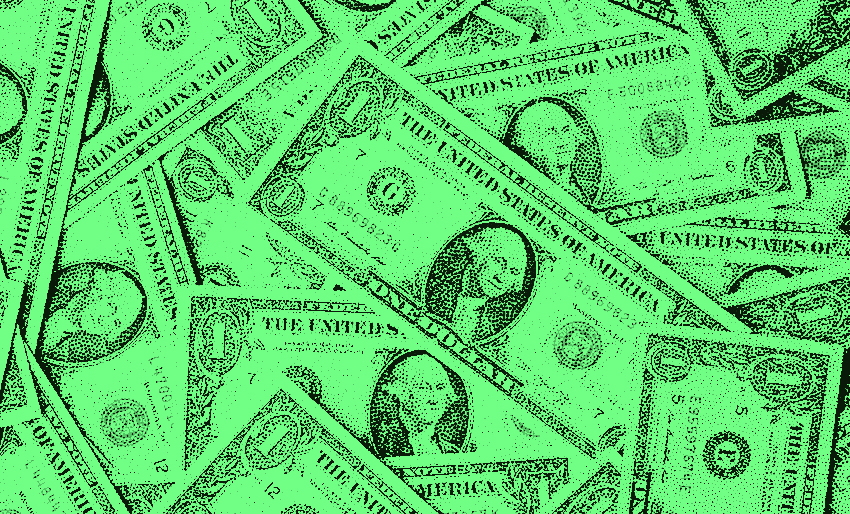The Economy Is A Mess, So Why Are Stocks Soaring?
Here we are folks. Unemployment remains well above average, numerous businesses have already filed for bankruptcy with more likely on the way, and the coronavirus continues to rage throughout the world. Yes, we’ve heard some encouraging news about potential vaccines, but even in a best case scenario these are months away.
Yet the stock market continues it’s massive rebound from the March lows.
The S&P 500 has rallied more than 40% from it’s low and is now within 6% of it’s peak value. The tech-heavy Nasdaq is within just 0.25% of it’s peak. And the Dow Jones, which has lagged a bit, is only about 8% below it’s February peak. So how can this be?
Let’s take a look at a few possible explanations.
The stock market vs. the economy
It’s important to remember that while the stock market and the real economy are related, they’re not the same thing. The economy is all about employment and production, namely GDP growth. Basically we want to know what percentage of the workforce is currently employed, and how much stuff they are producing.
But stock prices represent what investors are willing to pay to own publicly traded businesses. And those price should be based on all expected future earnings of those business – we’re talking decades of earnings. So what’s happening right now in the economy, won’t necessarily impact those future earnings all that much.
In other words, the market tends to look through current events. And while the real economy and company earnings are linked, they don’t move in perfect lockstep. In fact, the data shows there’s surprisingly little connection between recessions and stock market performance.
Large businesses may fare better than smaller ones
When you hear about “the market” being up or down, people are typically talking about the stock market indices, like the S&P 500 or Nasdaq we mentioned earlier. And these tend to be more heavily impacted by larger companies, which may be better equipped to weather the economic storm.
So while many small businesses are struggling and laying people off, that’s not necessarily reflected in the stock market more broadly.
There’s also a high degree of variability within publicly traded companies and how they have been performing in recent months. Tech companies like Amazon and Microsoft have fared well as more people shop online and work from home, whereas various other industries like airlines, energy, and travel and leisure have not done as well. So it’s a mixed bag in terms of how companies have been impacted.
The Fed and the Government can impact the market
As the coronavirus hit and it became clear the economy would suffer (both due to the virus and the shut downs), the government stepped in with support.
The Federal Reserve, which serves as the bank to all other banks, began aggressive monetary easing by dropping interest rates to nearly 0% and committing to buy bonds in the market – basically making sure businesses had access to funds so they could remain open. The Federal Government also took big steps through a series of stimulus acts, the largest so far being the CARES Act.
Between the Fed and the Federal Government, billions/trillions of dollars have effectively been injected into the economy. And when that happens, it can impact the price of financial assets like stocks and bonds. More money competing for investments means it can push stock prices higher. The exact relationship is a little tricky, and will depend on various other factors, but it’s likely to have helped propel the market higher.
Any number of scenarios can play out from here
Some investors are expecting a quick v-shaped economic recovery, which would more easily justify the market returning to it’s previous levels. Other investors are more cautious and believe the economic challenges will be longer lasting. We could be in for another Roaring Twenties or a second Great Depression (or likely somewhere in between).
Long story short, no one really knows what’s going to happen with the economy, or how exactly that will translate into stock prices.
On top of all this, the stock market is incredibly unpredictable over the near term even in the best of times. So just because the market is up now, doesn’t mean it will stay that way. And trying to guess what it will do six months from now is not realistic. A key part of investing is accepting some amount of uncertainty, especially over the short term.
So what should you do about it?
Try to keep in mind that investing is for the long run (if you’ll be needing the money in the next few years, you probably shouldn’t have it invested in the stock market anyway). So rather than try to guess what the market will do, it’s better to have a long-term plan for your investments you can stick with in good times and bad.
Budget in regular contributions to your investments from your paycheck, and then do your best to ignore the day-to-day, week-to-week, month-to-month swings. It may be painful when you see your stocks crashing, but if you ride out the storm and stick with your plan, you’ll be better off in the end.



